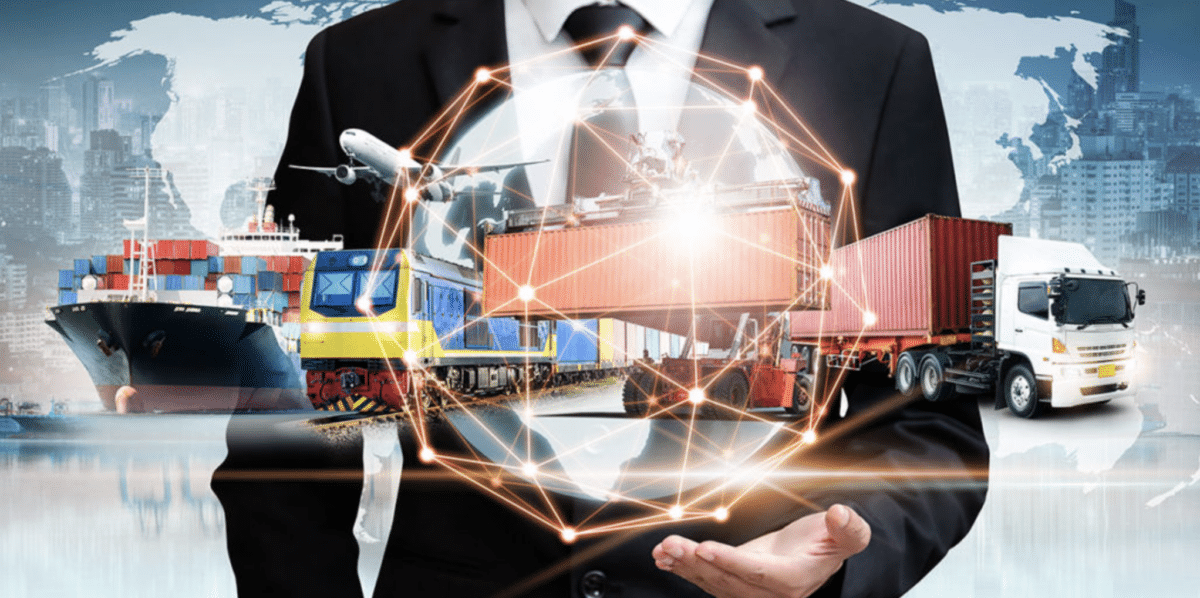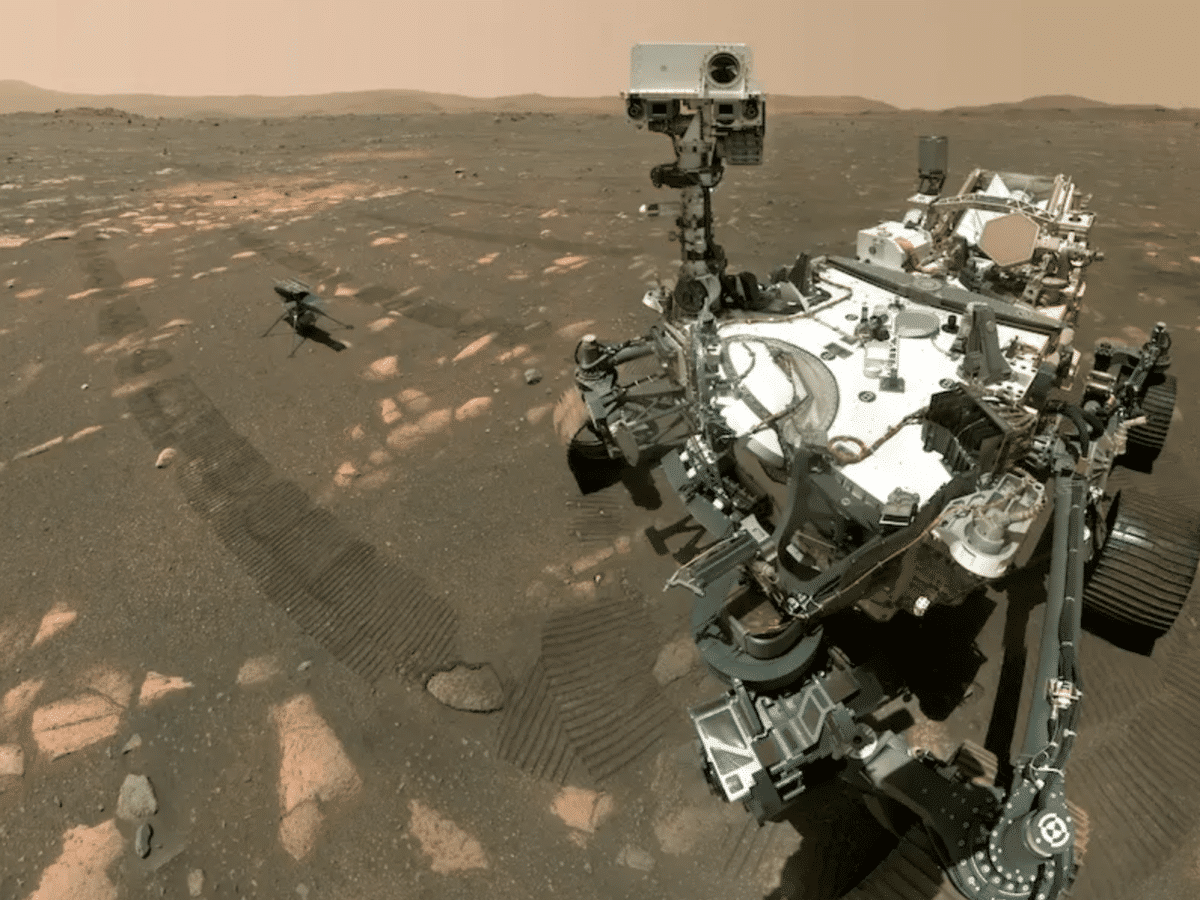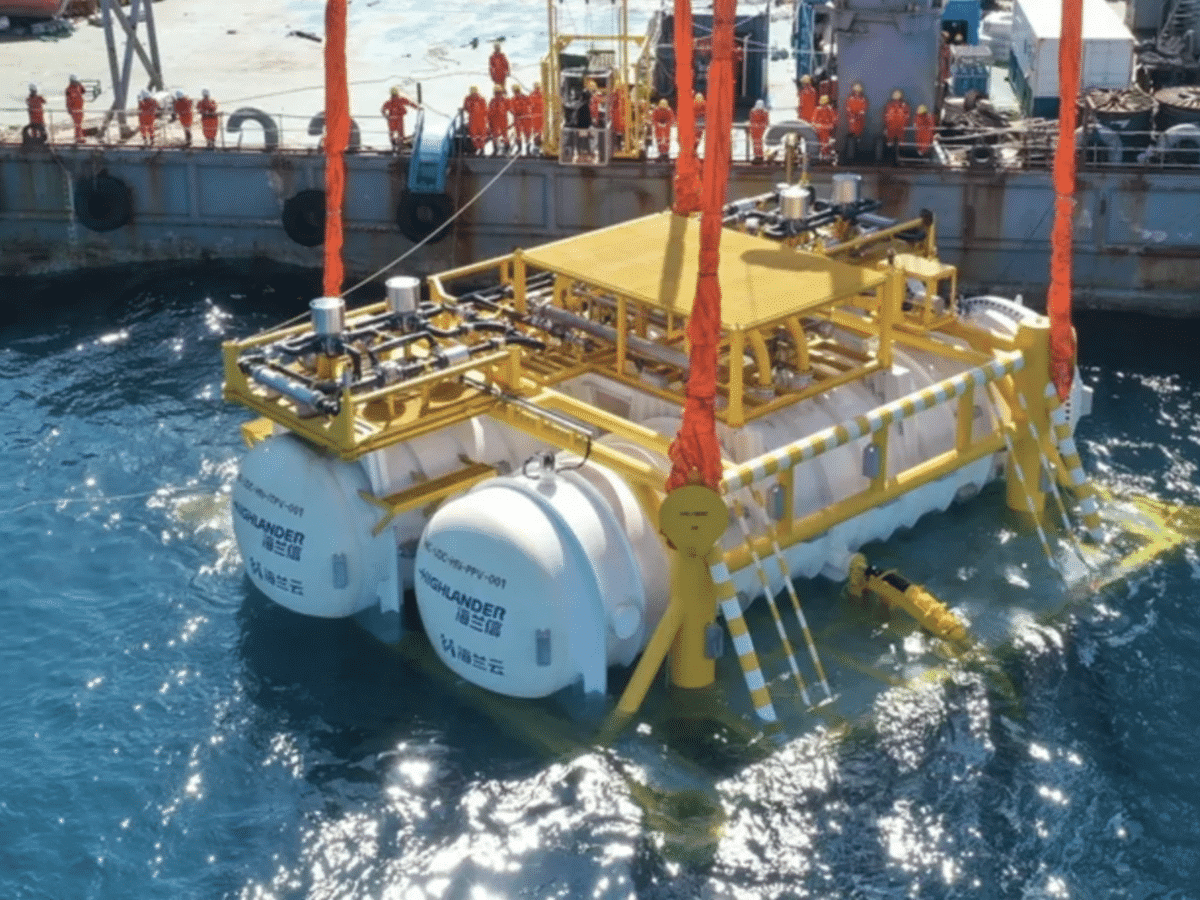In the modern business landscape, logistics is the backbone that keeps the market pulse steady. Achieving optimum logistics is not just about moving goods from point A to B; it’s about precision, efficiency, and the smart integration of technology. From enhancing tracking capabilities to streamlining supply chains, technology plays a pivotal role.

The following will unfold the five indispensable types of technology that businesses must embrace to maintain a logistics system at its operational best:
Logistics Software
Logistics software is the silent commander of the shipping industry, providing the critical infrastructure needed to plan, execute, and optimize the movement of goods. At its heart lies shipping reporting, a feature that offers a panoramic view of logistical operations, empowering businesses to make informed decisions. This data-driven approach not only streamlines processes but also predicts future trends, allowing for proactive management of resources.
Beyond reporting, logistics software is imbued with functionalities like real-time tracking and automated route planning. Such features diminish the chances of delay and error, creating a more reliable and transparent supply chain. The result is a seamless flow of operations that can adapt to the ever-changing demands of the logistics landscape without compromising speed or service quality.
Automated Warehousing
Automated warehousing technology is revolutionizing how businesses store and manage inventory. Robots and automated guided vehicles (AGVs) work tirelessly, retrieving and placing items with superhuman speed and accuracy. This technological marvel not only saves valuable time but also reduces the physical strain on human workers, leading to a safer and more productive work environment.
The integration of sophisticated software in automated warehouses provides unmatched precision in inventory control. It ensures that stock levels are maintained efficiently, eliminating wastage and reducing costs. With advanced forecasting algorithms, businesses can anticipate demand spikes, ensuring that they are never caught off guard.
IoT in Logistics
The Internet of Things (IoT) stands as a transformative force in logistics, offering connectivity like never before. Sensors and smart devices collect and exchange data in real time, offering a level of visibility that was once the stuff of science fiction. This interconnected network promises a logistics operation that is responsive, adaptive, and always connected.
IoT technology extends its benefits to tracking shipments with unparalleled accuracy. Environmental monitoring through IoT ensures that sensitive cargo is maintained in optimal conditions throughout its journey. This not only secures the integrity of the goods but also builds trust with clients through transparent and reliable delivery processes.
AI and Machine Learning
Artificial intelligence (AI) and machine learning algorithms are the masterminds behind the scenes, turning vast amounts of logistics data into actionable insights. These technologies excel in pattern recognition, predicting potential bottlenecks, and suggesting alternative solutions. They continuously learn and adapt, ensuring that the logistics systems become more intelligent and efficient with each cycle.
AI extends its prowess to optimizing delivery routes and operations. It can predict traffic patterns, weather disruptions, and other variables to suggest the most efficient routes. This not only cuts down on fuel consumption and emissions but also ensures timely deliveries, which is crucial for customer satisfaction and loyalty.
Cloud Computing
Cloud computing offers a flexible and scalable solution for logistics operations, allowing businesses to store and access vast amounts of data without the need for heavy investment in physical infrastructure. It supports remote access, enabling managers and teams to stay informed and make decisions no matter where they are.
The cloud is more than just storage; it’s a collaborative platform that expands the scope of operational productivity beyond the confines of roofs and walls. It enables different stakeholders to work together seamlessly, regardless of their physical location. This collaborative effort is secured with advanced cybersecurity measures, ensuring that sensitive data is protected from unauthorized access.
Final Thoughts
The orchestration of optimum logistics is akin to conducting a symphony, where each piece of technology plays a crucial role in creating harmony. By integrating logistics software, automated warehousing, IoT, AI and machine learning, and cloud computing, businesses can achieve a logistics system that is not only efficient and reliable but also resilient and ready for the future. Embracing these technologies is not just an operational choice; it’s a strategic imperative for any business looking to thrive in the dynamic world of logistics.







